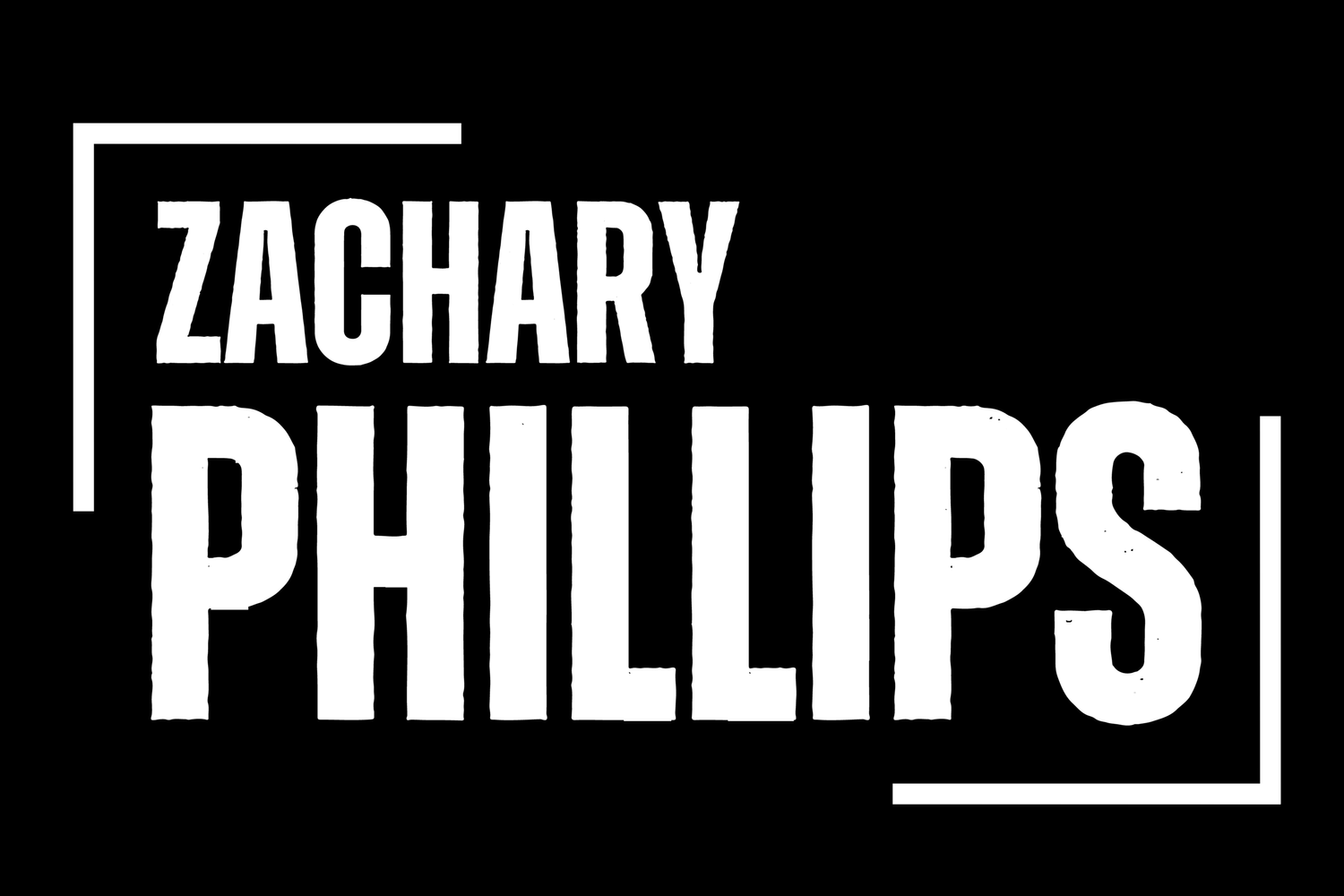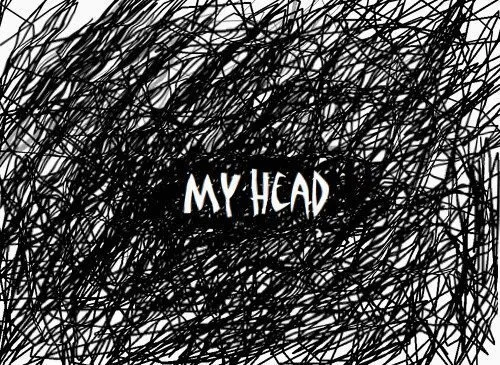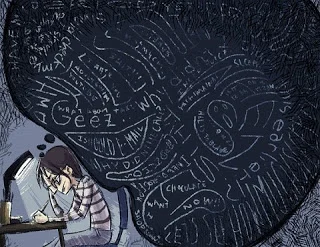Meditation Is Not Simply “Clearing Your Mind”
/It is about bringing it back to focus.
Whenever the concept of meditation comes up, people often instantly think of the cliché beaded and bearded guru sitting in lotus pose atop a mountain, with a mind devoid of thought.
They have heard the benefits and see it rising in popularity amongst business executives, actors and sports people, so they figure that they will try this “mindfulness meditation stuff”.
Almost the instant they first sit down and start to focus on their breath they are hit with a plethora of thoughts, feelings, emotions and impulses coming in rapid succession. Overwhelmed, they remember that their goal is to “clear their mind”, which even for experienced meditators is practically impossible, and really not the goal of the meditation session.
The bombardment of mental phenomena can cause distress and annoyance and thus leads to the new meditator dropping the practice before they have really begun.
The real act of mindfulness meditation comes from bringing the attention back to your focus (on the breath).
In a recent Joe Rogan Experience podcast episode (#940), Dan Harris and Sam Harris both bestselling authors and long-time meditators equated the returning of focus to being like a “bicep curl for the mind” – each time you bring the attention back, you are doing meditation. With practice, your mind will clear, but this will almost be a symptom of the meditation, not the goal.
This concept is liberating as no longer is the aspiring meditator upset at the ruminations of the monkey mind, rather they can be content that they are meditating correctly when they notice it happening; and subsequently return their focus to their breath.
Try this simple mindfulness meditation exercise:
1) Set a timer for five minutes.
2) Sit in a comfortable position, with eyes slightly open loosely focusing on something in front of you. (I prefer this position as with eyes closed/laying down, there is a risk of falling asleep)
3) Focus on the sensation of your breath entering and leaving your nose.
4) For the duration of the session, when your thoughts waver, gently bring attention back to the sensation of your breath.
5) Repeat daily, increasing the session duration slowly.
Personally I have found tremendous benefits from a daily meditation practice. I grew up in a fairly tumultuous household and faced significant levels of trauma and abuse growing up. Meditation has helped me to come to terms with my past, as well as to deal with the mental health afflictions that such a childhood leaves you with.
Specifically, mindfulness has helped me to identify and better deal with anxious and depressive thought patterns that (prior to meditating) significantly impacted my emotional states. In the past, I was a slave to my mental phenomena. Whey they arose, I would be unwillingly taken on an emotional journey. The ruminations of my mind were leading me, dictating how I was going to feel and how I would subsequently act. There was no break or “check” between my thoughts, emotions and actions.
However, meditation has given me the skills to not be such a slave to my mental phenomena. I can now better observe them, without getting caught up in them. They have less power over me.
Zachary Phillips
Support this blog on Patreon
Check out this related blog post: Why I Cut Myself, and What Helped Me to Stop
Check out this related podcast episode: Taking a Day Off From Life
This blog post was inspired by the book: "Mindfulness In Plain English"
~ Out of the 100 plus meditation books that I have read, this book stands out for a reason. There is no confusing jargon, questionable spiritualism or outlandish claims - just real advice on how to mediate. If you are into meditation or are curious about starting, this is a must read.



